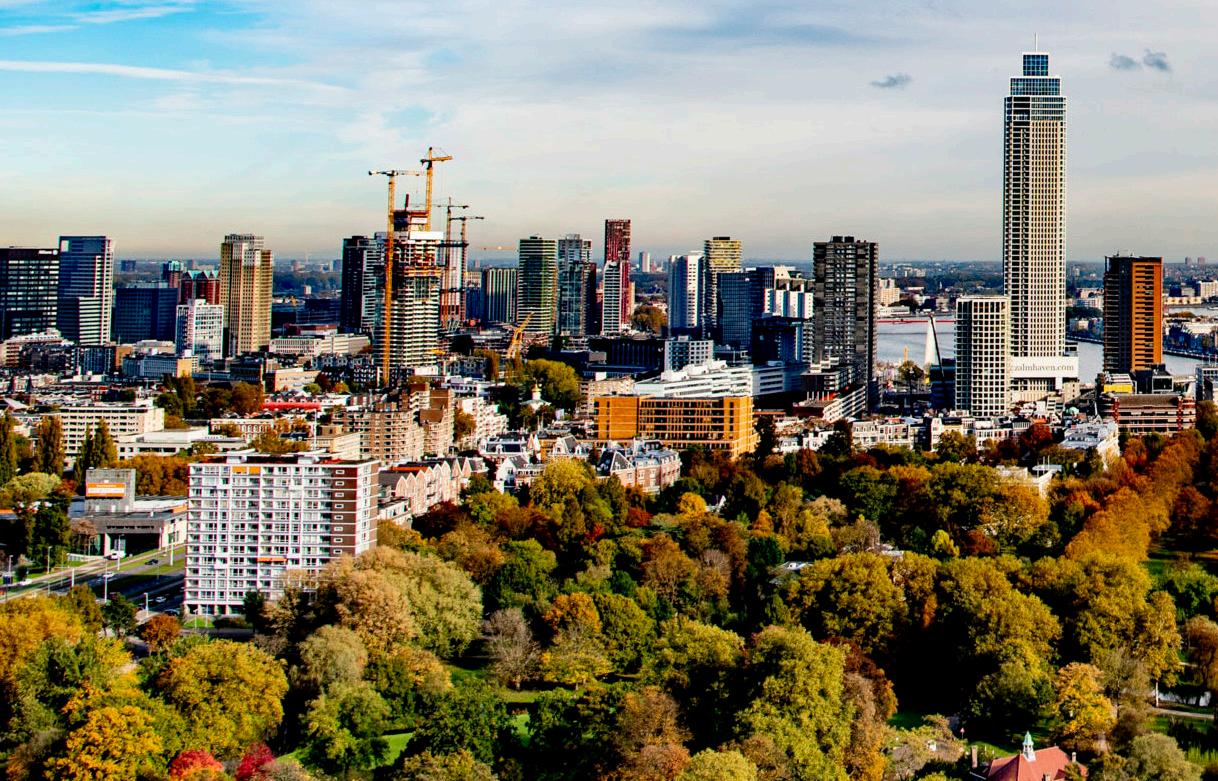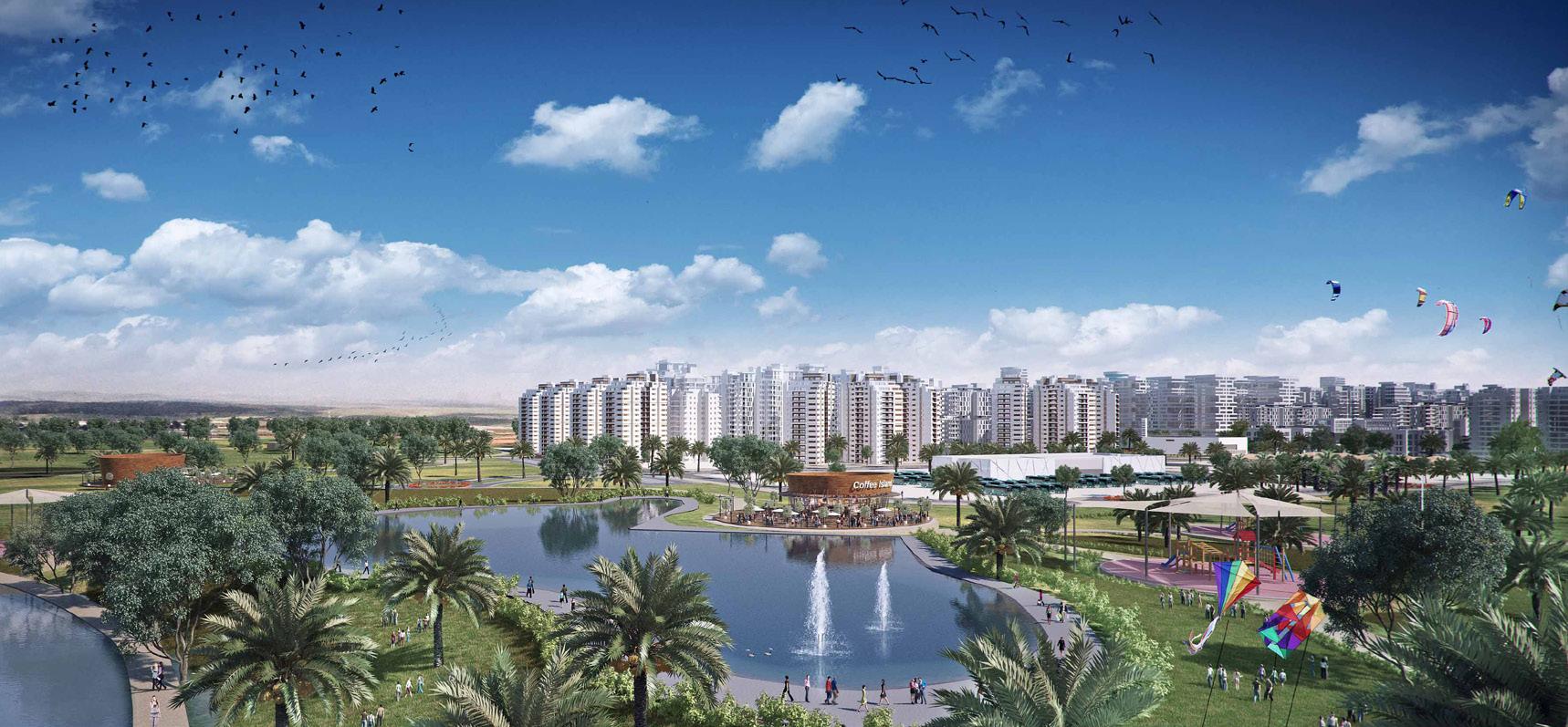INCLUSIVE & SHARING
ENTREPRENEURSHIP FOR SUSTAINABILITY BY EDNA PASHER
Young people realize they must acquire multidisciplinary skills and entrepreneurship abilities, and they are eager to participate in projects that promote sustainability.
O
ur World Our Classroom is a projectbased learning platform that offers online courses to students worldwide. Why project-based learning? Because when young people want to change the world, they need to learn what entrepreneurship and innovation are all about. So we don’t teach them; we become mentors and help them create their own projects. I got the idea for Our World Our Classroom from Marshall McLuhan, who inspired the Ph.D. program at NYU I graduated from many years ago. As early as the 1970s, he wrote a book called City as Classroom, in which he said children would learn much more if we opened up school and let them study from the people in the city. The inspiration comes from the African proverb, “It takes a village to raise a child.” He says, “If it takes the village to raise a child, why not the city as a classroom?” When the headmaster of Hamanhil, an elementary school in a city close to Tel Aviv, asked me to come and teach children about smart cities, I told her that I don’t like to teach; I like to make people learn. So we adopted a project-based learning setup, and the children developed smart solutions to make the city smarter. Within one year, we had eight startups from one school, children ages 9 to 14. The solutions are so inspiring—a smart bus, a
smart water fountain, and a smart trash can. When they were done, one of them was courageous enough to go and present to the mayor. This was the inspiration that led us to Our World Our Classroom. The first project we did was in collaboration between our institute and a university in Hong Kong. Using project-based learning, children from Israel and Hong Kong created projects committed to the SDGs. It wasn’t easy the first time because of a cross-cultural communication barrier. Even though all the children knew English pretty well, the Israeli children were more courageous. There is a saying that Israel is a startup nation: Israelis have chutzpah; we are not afraid to say what we want. The children from Hong Kong were shy. But we are slowly learning how to overcome shyness and cross-cultural barriers. For example, we have a WhatsApp group in which the students can get to know each other better, and they become less shy when we meet once a week online via Zoom. We would love to collaborate with anyone affiliated with a university or a school that would like to experiment with us with what the world looks like when we collaborate and how we can contribute to making our cities and the world smarter and more sustainable.
Edna Pasher Founder & Chair, Israel Smart Cities Institute Tel Aviv, Israel Edna Pasher is the founder and Chair of the Israel Smart Cities Institute, a think tank made of local and global experts who focus on providing smart solutions to municipalities and startups that make our cities smarter and more sustainable.
80 | Smart City Miami
Our World Our Classroom Five main values lead us in our projects: Collaboration: We don’t want anybody to do any project alone. We always work as teams. International Teams: We want different cultures and backgrounds. We learn so much from people from other countries and mindsets. Practical Tools: Specifically, clean management—how to decrease waste, how to do things better, faster, and cheaper, and improve the processes we do. Impact: We want to do something that makes the world a better place— something that comes from our heart that would usually line up with the UN’s SDGs but doesn’t have to. Engagement: We want all the students to take part. Usually, we have at least 15 or 20 minutes every class where we have breakout rooms where every student can share their ideas.
“IF IT TAKES THE VILLAGE TO RAISE A CHILD, WHY NOT THE CITY AS A CLASSROOM?”










































